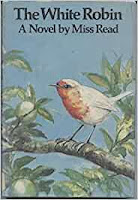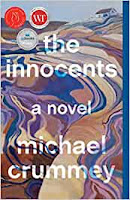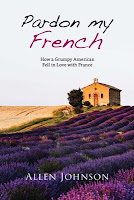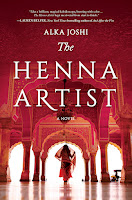D (A Tale of Two Worlds) by Michel Faber
D (A Tale of Two Worlds)
The Inn at the Edge of the World
The Inn at the Edge of the World by Alice Thomas Ellis
The White Robin and Village Centenary (#14, #15 in The Fairacre Chronicles)
Two more wonderful books from this series. I have only five left to read and I'm torn between reading them all right now or going back to hoarding them. When I'm reading other books - so many stories of war, crime, disaster, loss, and the general misery of the human race - it's nice to know these books are there to return to. Sometimes I need a comforting dose of charming characters and life as a mostly happy thing. Not that they aren't realistic - the characters have all kinds of flaws and sad things do happen - but Miss Read is gentle with the reader in the telling. These books are just such a relief after the intensity of others.
The White Robin by Miss Read
True Believers
True Believers by Linda Dorrell
The Silent Ones
The Silent Ones by Linda Coles
The Melody
The Melody by Jim Crace
The Innocents
The Innocents by Michael Crummey
Island
Island by Jane Rogers
Another Gospel?
Another Gospel? by Alisa Childers
Pardon My French and Those Who Walk Away
Pardon My French - How a Grumpy American Fell in Love with France by Allen Johnson
The Shipping News
The Shipping News by Annie Proulx
The Spoon Stealer
The Spoon Stealer by Lesley Crewe
Resonance
Resonance by A.J. Scudiere
The Mitford Murders
The Mitford Murders by Jessica Fellowes
Death of a Salesman and Babbitt
I've been meaning to read these two for a long time. The reviews didn't particularly interest me but they've both gotten a lot of attention over the years and I was curious to know the stories. I began enthusiastically enough, lost interest part way through both, and had to force myself to finish them.
Trick
A Virtuous Woman
A Virtuous Woman by Kaye Gibbons
The Alaskan Laundry
The Alaskan Laundry by Brendan Jones
When Books Went To War
When Books Went to War by Molly Guptill Manning
Afterward
Afterward by Jennifer Mathieu
The Madwoman Upstairs
The Madwoman Upstairs by Catherine Lowell
The Manuscript
The Manuscript by Nathan Hystad
Phantom of the Opera and The Henna Artist
Phantom of the Opera by Gaston Leroux
To The Lighthouse
To The Lighthouse by Virginia Woolf













.jpg)


.jpeg)














